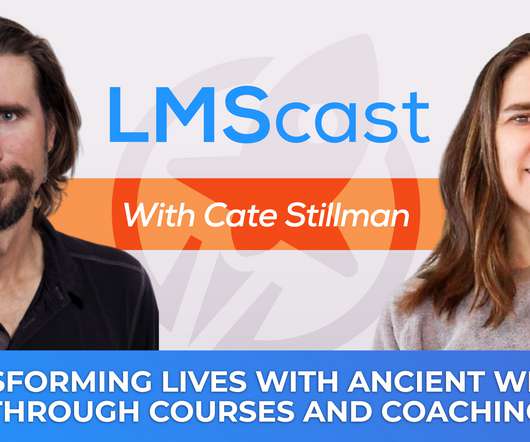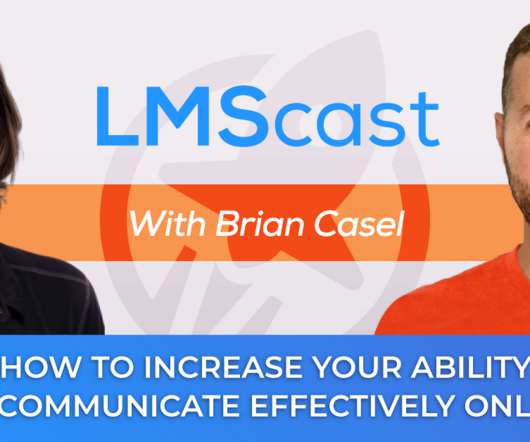Learning and the Scientific Method
Learningtogo
APRIL 28, 2016
I write a lot about the science of learning, so today I thought we should talk about science. If it holds up, your conclusion becomes a “theory” or a “model” for others to leverage. He might write books like “The Gravity of Leadership” and “Secrets of Gravo-marketing.” Scientists call this a model or theory.




































Let's personalize your content